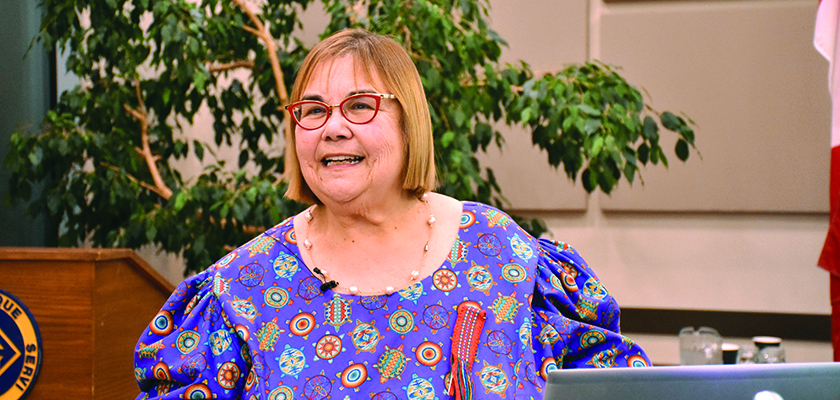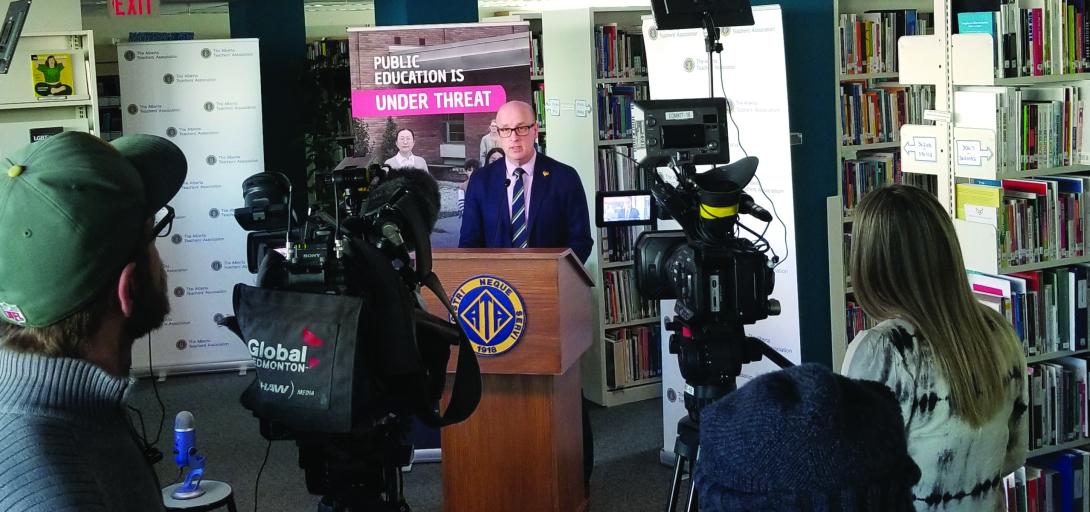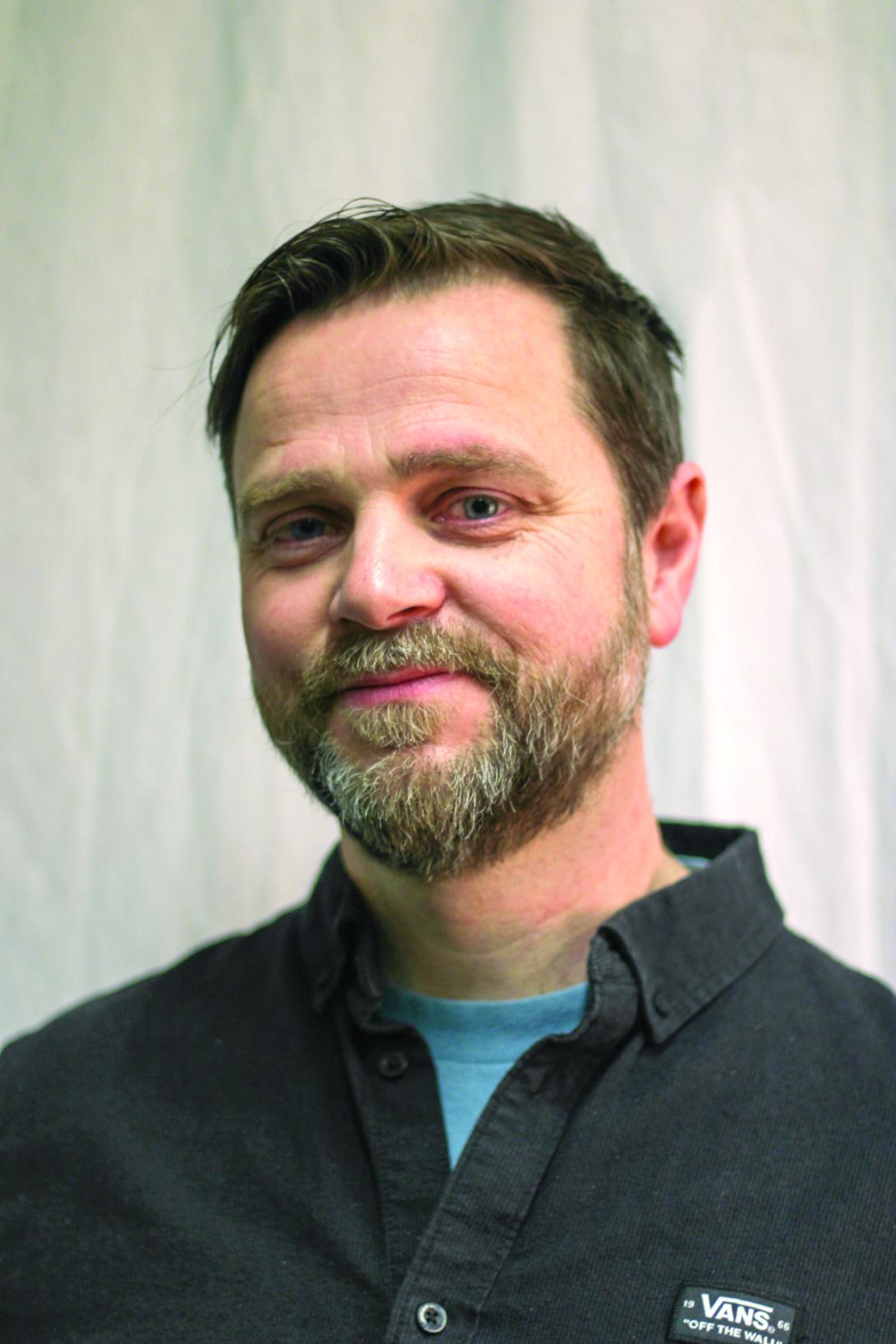Modern society is just beginning the necessary work of unlearning colonialism, and women should be at the forefront of this movement.
This was one of the messages shared by University of Alberta professor Florence Glanfield during the ATA’s fourth annual Women in Leadership Summit.
“Gender equality, my god, why are we still talking about that? It’s because the colonial structures are still in place that we as women have to stand up and do something about it,” Glanfield said. “We have to be the role models for other beautiful humans that identify as women. We have to find the courage to speak out.”
The summit attracted 136 participants from around the province on March 10 and 11. The event featured two keynote speakers and breakout sessions on a variety of topics, including mentorship and allyship, finding and using your voice, health and well-being, and intersectionality.
Glanfield’s opening keynote address was entitled Leading of/for/as Learning. She concluded it by saying she wants to celebrate the work that teachers do every day.
“I also want you to find the courage to push back against those systems that prevent beautiful humans ... from becoming who they were created to be. We are all on a journey of figuring out who we were meant to be and we never stop learning,” Glanfield said.
“So when you’re leading ... in whatever role you are, I invite you to be leading and learning and to be learning about yourself and who you are meant to be.”
There’s bias in all of us
During her keynote address entitled “The Human Side of Unconscious Bias,” diversity and inclusion expert Tina Varughese explained that every human has biases that they are unaware of, and that the only way to unlock these is through tests such as the Harvard Implicit Association Test. Such tests tend to provide results that are surprising and difficult to accept, she said.
Varughese also outlined the various types of microaggressions that people may face and had suggestions for what to do if you’re on the receiving end of a microaggression.
“Simply say ‘what do you mean by that?’ Big smile on your face. Give people an opportunity to explain, because, quite frankly, I don’t feel most people are inherently racist or discriminatory,” Varughese said.
She explained the importance of getting past a fear of offending in order to have the courageous conversations necessary for people to better understand and accept each other.
“We’re walking on eggshells right now in our world and, quite frankly, not having the courageous conversations that we should be having,” Varughese said. “Personally, I think that political correctness is the antithesis of psychological safety ... and that we need to cancel cancel culture.”
Following an interactive exercise whereby summit attendees anonymously shared their reaction to a specific scenario, Varughese pointed out how even people in similar career roles have very different lived experiences.
“So just take the time to talk to each other,” she said. “Minimally, get to know one another, and that in itself will move the dial in this space.” ❚
Read more
View the entire digital issue of the ATA News
See the latest issue


